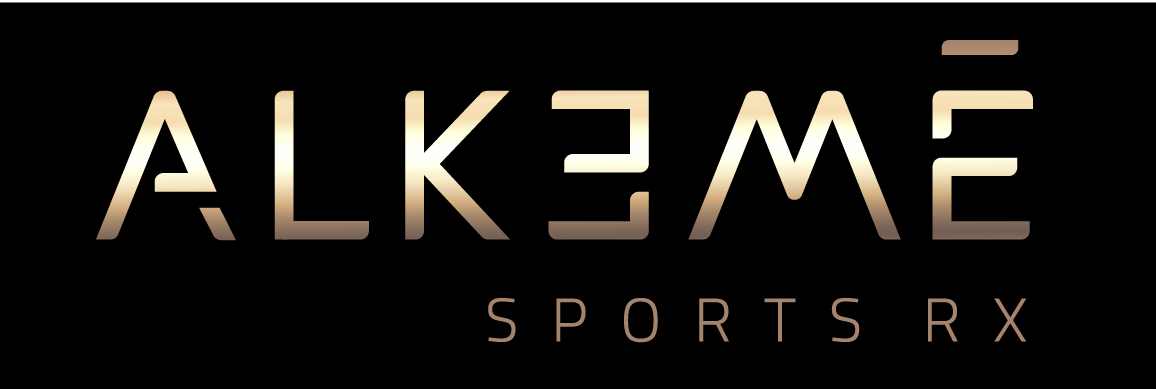Hip dysfunction is a common issue affecting tennis. Most of the time, pain or injury results from repeatedly pivoting and twisting the hip joint and surrounding muscles. Limitations in the hip range of motion have also been associated with pain and injury in the knee, ankle, and spine.
Understanding the interconnectedness of our body is crucial to a successful diagnosis and, more importantly, a successful treatment for pain and injury. Often the location of symptoms is not the location of the source of the problem. Research has shown that restrictions in motion at the hip increase the risk of knee injury (i.e., meniscus and ACL injuries).
Identifying whether or not the pain is the actual site of an injury requires an assessment by a skilled physical therapist. Our team can identify the underlying issues causing your pain and limitations.
The most common causes of hip pain in a tennis player include:
Muscle strains: Due to tennis’ repetitive twisting and pivoting, the muscles are susceptible to acute and overuse-type injuries. Trying to hit the ball harder can lead to muscle strain, especially when fatigue has set in at the end of a match.
Hip impingement: Also known as femoroacetabular impingement (FAI), occurs when the femoral head (ball) pinches up against the acetabulum (the rim of the socket). FAI may lead to damage to the labrum. Often FAI causes hip mobility deficits and pain.
Hip labral tears: The labrum is a ring of cartilage that helps the femoral head (ball) move smoothly within the socket. A labral tear is an injury to this tissue (cartilage) that leads to pain, and reduced range of motion, and may cause the sensation of the hip locking up.
Osteoarthritis: Osteoarthritis is a degenerative type of arthritis where the cartilage in the hip joint gradually wears away. As the cartilage wears away, the joint space decreases, resulting in pain and loss of motion.
There is also some evidence that, in addition to the lack of motion affecting the hip and surrounding areas, weakness in the hip and pelvis muscles may increase the risk of other injuries. Chronic ankle sprains are linked to hip weakness (i.e., hip abduction weakness). It is also common for players to compensate by using the spinal muscles to make up for hip muscle weakness.
Our physical therapists at Alkeme Sports RX can help regardless of the injury. We will conduct a thorough evaluation to identify all the possible factors contributing to your pain and injury. We will design a program tailored to your specific needs so you can get back on the courts and play with confidence!
